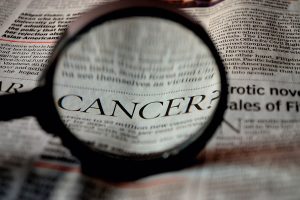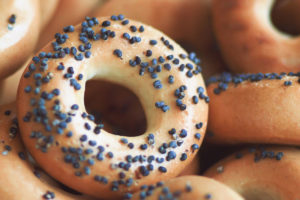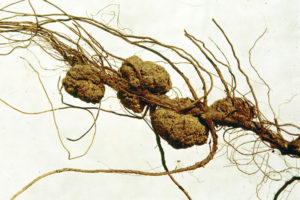Search
Two types of transmissible cancer have been described in Tasmanian devils, marsupial carnivores endemic to the Australian island of the same name.
Prostate cancer stands out because more than 90% of patients survive to five years, although some tests for detecting it have been controversial because of the risks/benefits, as is the case of the prostate-specific antigen.
Autobiographical comics allow the authors to talk about cancer from a humour perspective and to share their experiences of the disease.
Nutritional epidemiology currently studies the diet-disease relationships. In this review, we analyse the impact of diet on health and the importance of dietary factors in the prevention of non-communicable diseases.
Exploring the diversity of ways in which different organisms cope with it can lend us novel insights on the biodiversity that surrounds us.
Palm oil is a plant oil consisting on saturated fats, which increase cholesterol and cardiovascular risks.
The answer to this is yes. Plants can reproduce errors in the growth of some cells, which would cause the formation of cell masses or tumours that could be considered cancers.
Recognising our reflection in a mirror is fundamental to everyone, although, rather than being something which is automatic from birth, it is something we learn as part of a process, just like many other things throughout our life. There are changes, injuries, accidents which might
Doctor Ana Lluch talks about the current situation regarding breast cancer, one of the topics approached in Mètode's latest issue, The thin line. Cancer in the 21st century.
Entrevista a Rafael Tabarés, catedràtic de Psiquiatria a la Universitat de València i investigador en salut mental.
- 1
- 2










